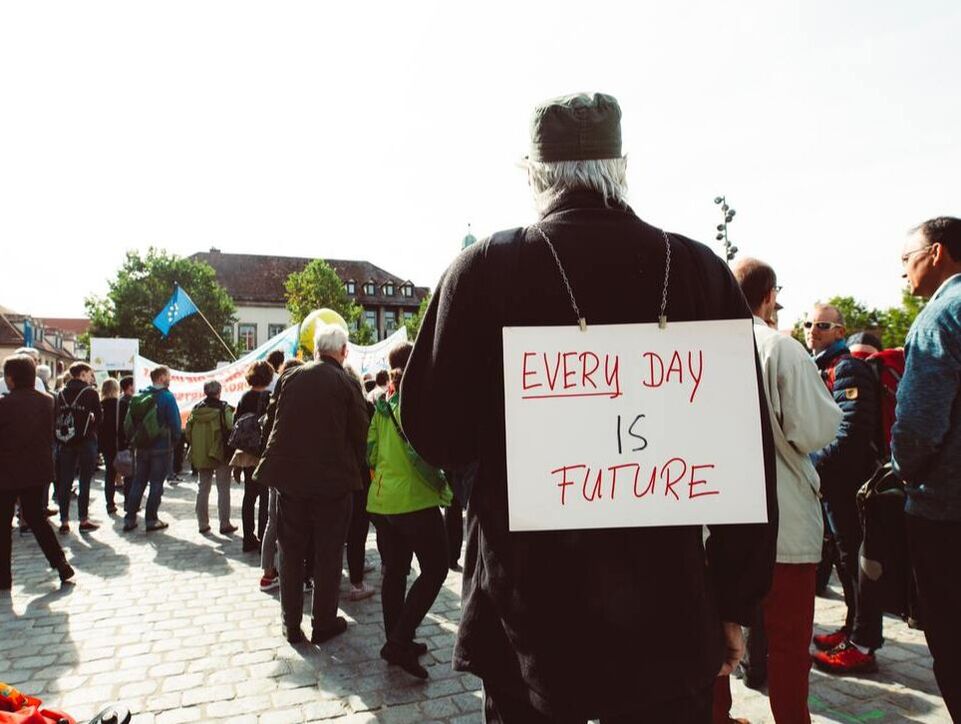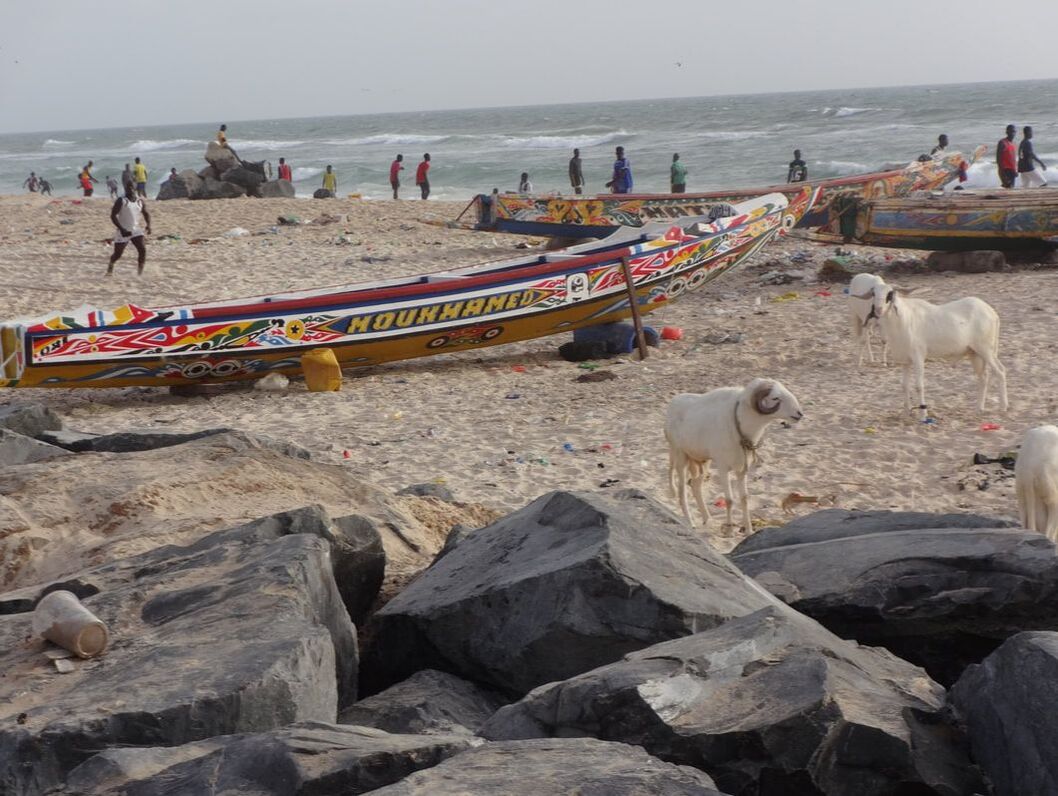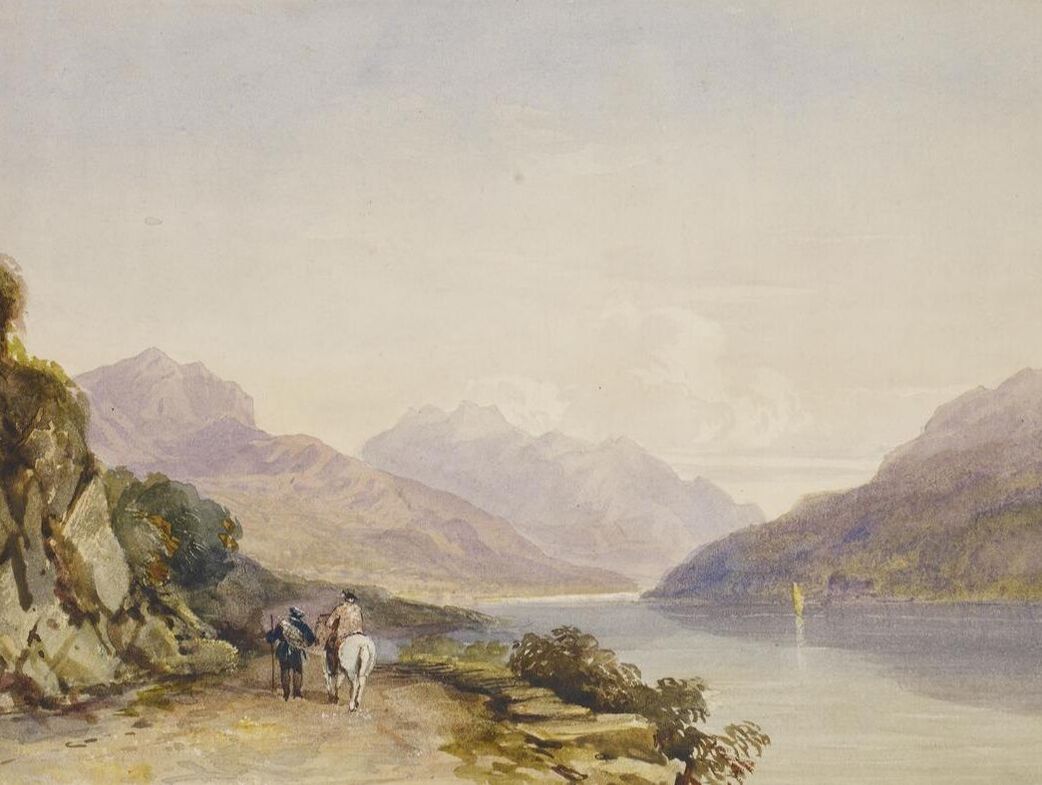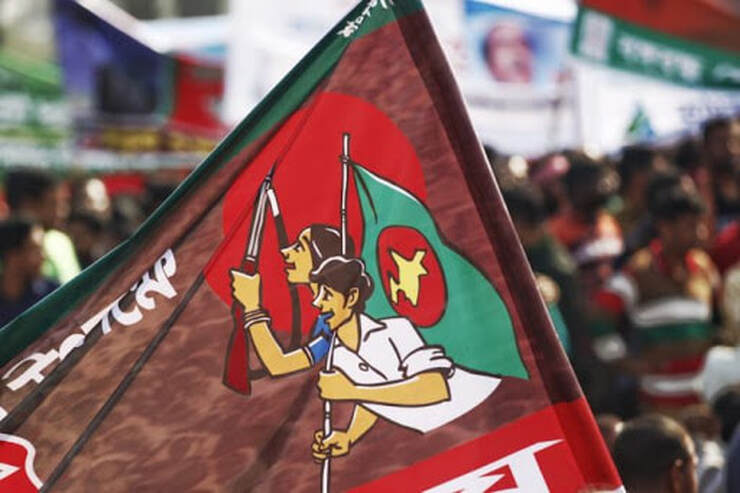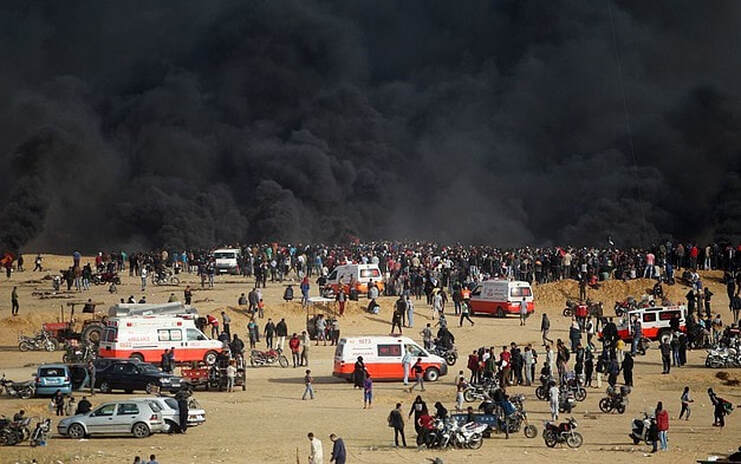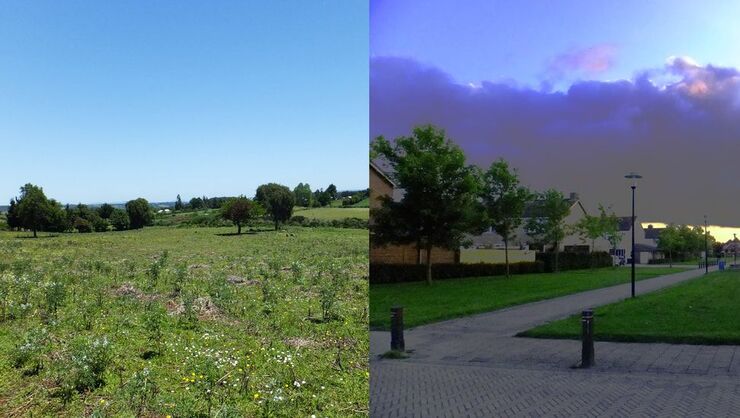|
|
|
As a team of international scholars with Czech and US origins living in Czechia and Austria, the 2015 ‘refugee crisis’ hit us in contrasting ways with regard to different regimes and their attitudes towards refugees from Syria and other Middle Eastern countries. While Czechia accepted just twelve refugees under the EU’s quota system, the Austrian public broadcasting station FM4 changed its jingle from ‘You're at home, baby’ to ‘Refugees, welcome’.
Seven years later, as we finalized work on our Identities article, ‘I always felt I have something I must do in my life’: meaning making in the political lives of refugee non-citizens’, the situation had somewhat reversed. In the spring of 2022, the streets of Prague were filled with Ukrainian flags, Czechia had accepted over 300,000 refugees in just a few months, and people became emotional regarding the war, while Austria, as a ‘neutral’ country and a non-member of NATO, was considerably more reserved.
0 Comments
As a scholar of migration who had spent several years doing research in Berlin, I have always been interested in the question of displacement in West Africa. I had met many migrants who had arrived from West African countries such as the Gambia, Senegal and Guinea-Bissau in Berlin. It is a well-known fact that significant numbers of people risk perilous journeys to reach Europe. Hence, in collaboration with two researchers I decided to conduct a study in Senegal in order to find out how, why and to what extent small-scale fishers become displaced. Prior to undertaking the research, I had visited Senegal for a holiday and had acquired a fair idea of some of the socio-political issues in the country.
We were fortunate enough to receive some small-scale funding from centres such as MIDEX and C4Globe. We were also fortunate to connect with an interpreter/research assistant in Senegal who spoke English, French and Wolof and assisted us with methodological approaches, conducting interviews and with transcription. He had friends and family in all three of the villages where we did our research, and we had several follow-up questions even after the interviews were conducted. As researchers from the Global North we were aware of our privileged positions, but at the same time the two European-based researchers originated from Nigeria and Pakistan which had a bearing on some of the power dynamics.
Experiences of displacement and longing-for-a-home are very much rooted in the human condition. In this discussion I consider three books focusing on displaced people of distinct diasporas whose experiences, I believe, provide novel insights into not only what exile may mean but how it may, in different ways, condense time and space into symbols, meanings, and narrations of religious, political, or material significance. These include Thomas A. Tweed who approaches the experience of exile of Cubans in Miami by deciphering the material culture inherent in their pilgrimage site and meanings embedded in their rituals while mainly asking how diasporic religion and exile experience may be connected. Sara E. Lewis, meanwhile, explores the exile experience of Tibetan Buddhists in Dharamsala, India by looking into the local processes of resilience and recovery in the face of political violence while asking how human rights campaigns and foreign trauma discourse are situated within a form of life shaped by Buddhist ideals of downplaying personal suffering. Finally, Diana Allan analyzes the experience of exile of Palestinians in Shatila refugee camp in Lebanon, drawing our attention to the everyday material reality of their experience while raising the question of what it means for generations born in exile to aspire for a liberated land which they never left and how these refugees may resist against purely nationalist identities and ideals.
The recent visit by Indian Prime Minister Narendra Modi to Bangladesh to attend celebrations marking 50 years since the birth of the country following the Liberation War in 1971 has drawn attention to the difficult task of building a nation on the back of a brutal and bloody civil war. At least four people were killed by police in the Bangladeshi city of Chittagong during a demonstration against Modi’s visit. Protesters from Hefazat-e-Islam Bangladesh, and counter protestors aligned with Bangladesh’s governing Awami League party, represent the central divide in Bangladeshi politics, between those who tie national identity to Islam and those who tie national identity to ethnicity and the Bengali language. This is a divide sometimes understood as one between those who ‘collaborated’ with the Pakistani military and those who participated in the independence struggle. On the Golden Jubilee of Bangladesh’s birth, this divide continues to shape Bangladesh’s political landscape today.
Using the case of the ‘Urdu-speaking minority’ in Bangladesh, my Identities article, ‘Displacement, integration and identity in the postcolonial world’, considered what the experience of minorities displaced during the Liberation War tells us about the Bangladeshi national imagination today. Their own voices, and the narratives of identity and integration in which they are situated, are revealing of the nature and boundaries of the nation state fifty years on from the country’s birth. Although the country remains divided around the role or significance of religion versus culture, and between those who ‘collaborated’ with the Pakistani military and those who participated in the independence struggle, there are older divides at work here too. Some of those who ended up on the wrong side of the Liberation War are accepted into the nation today. Here colonial narratives of ‘population’ versus ‘people-nation’, ‘community’ versus ‘citizen’ structure exclusion not only through narratives of the country’s foundation myth (as commonly assumed) but also through poverty and social space.
The territorial realization of the Israeli state produced a new category of stateless people: Palestinian refugees. Those expelled from their homes, villages and land during the onset of the Nakba (catastrophe): a large scale ethnic cleansing process executed in 1947-48 Palestine, has resulted in the creation of one of the largest and longest standing protracted refugee communities world-wide today. The unresolved question of Palestinian displacement raises important considerations in, what scholars of redress have named, an era of settler colonial reparations. One line of inquiry that remains relevant for thinking about the future of redress to Palestinian displacement is the following: How did an Indigenous Palestinian society with historical ties to land come to be internationally governed as refugees external to the land? Further, how might we think about the history of redress and humanitarianism in the early years of Palestinian displacement as one tied to a broader genealogy of race and settler colonial formations in Palestine?
When Rafael Railaf told me the story of his land in Southern Chile and his fight for it, I asked him, with some uncertainty, what moved him to a struggle that eventually led to two years of political prison and subsequent exile. He was silent for a few moments, and than said: ‘Porqué yo siento un dolor’ ('Cos I feel a pain).
Rafael’s narrative around the object of land has multiple layers that began to emerge when he connected it with ‘pain’. His statement pointed at the links between the materiality of places, politics and the existential dimension of lived experience. At the same time, it drew my attention to the borders that exist between persons in relation to speech and silence, for my understanding of the word ‘land’ (tierra) and what it actually meant for Rafael could only be partial: it was impossible for me to feel and think that word the way he did. This awareness was the starting point for the writing of my Identities article ‘Unexpected Places: Land, words and silence in a Mapuche family trajectory of (dis)placement’, which elaborates on the interplay between words and silence as something not only in the construction of narratives, but also in the making of (unexpected) places at the crossroad of different and interconnected landscapes. |
|
Explore Identities at tandfonline.com/GIDE |
|
The views and opinions expressed on The Identities Blog are solely those of the original blog post authors, and not of the journal, Taylor & Francis Group or the University of Glasgow.
